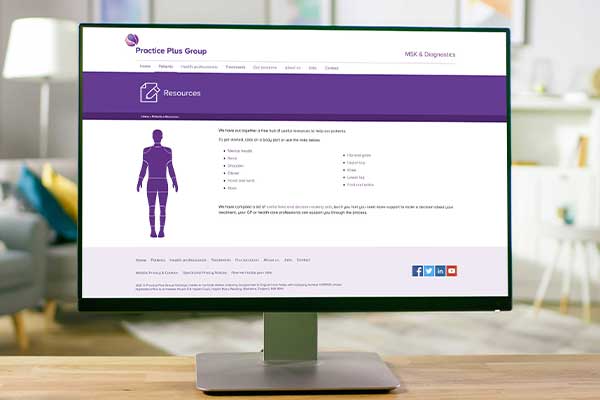The ironic thing about hypochondria is that it’s actually a medical condition itself.
People with health anxiety may not be suffering from the illnesses they imagine they have but they may be suffering from a mental health condition which can seriously affect their wellbeing. Hypochondria or health anxiety is defined as excessive worrying about health, to the extent it has a negative impact on everyday life. Most people worry about their health from time to time but for people with hypochondria it can become all-consuming and cause great distress.
Some people with hypochondria do have a medical condition, but they worry about it excessively. Some have symptoms, such as chest pains or headaches, which don’t have a medical explanation and they’re concerned these could be a sign of a serious illness – despite reassurance to the contrary from their doctor. Others may be permanently anxious about their health, with concerns such as: “What if I get cancer or heart disease?”
Hypochondria has a number of causes. It could be due to someone experiencing a very stressful period in their life for example illness or a death in the family. It may be caused by a family member being overly concerned about someone’s health when they were young, or, it might be due to personality as some people are more prone to health anxiety because they’re generally a ‘worrier’.
Some people don’t handle conflict or emotions well and have a tendency to ‘catastrophize’, i.e. imagine the worst, when they run into problems. In some cases health anxiety can be due to a mental health problem such as depression or anxiety disorder.
People with health anxiety tend to be either:
- Always looking for information and reassurance – such as obsessively researching illnesses, frequently making GP appointments, and often having tests that don’t find any problems
- Avoiding things such as medical TV programmes, GP appointments and anything else that may lead to the anxiety, as well as any activities such as exercise, which they believe could make the condition they’re worried about worse.
One of the problems with hypochondria is that it can be a vicious cycle. If someone constantly checks for signs of illness, e.g. a rash or a lump, it’s likely they’ll eventually find one. Usually it won’t be anything serious and can often be a natural change in the body but finding something can lead to greater anxiety and the person checking themselves even more.
People with hypochondria often need reassurance from their GP or family and friends but the comfort this reassurance brings can soon disappear, so more reassurance is sought which only serves to keep the symptoms at the front of their mind.
Physical symptoms can actually be triggered or made worse by worrying. This leads to even more anxiety, which then worsens the symptoms and excessive worrying can even bring about panic attacks or, in extreme cases, depression.
Health anxiety symptoms include:
- A preoccupation, lasting at least six months, with having a serious illness due to body symptoms.
- Feelings of distress due to this preoccupation.
- Finding that this preoccupation has a negative impact on daily life, including family life, social life and work.
- Carrying out constant self-examination and self-diagnosis.
- Constant need for reassurance from doctors, family and friends
- Not believing a diagnosis from a doctor, or not believing a doctor’s reassurances
- Anyone with these symptoms should see their GP as there are a range of treatments which can help.
Psychological therapy such as cognitive behavioural therapy or psychotherapy may be beneficial. There are medications such as antidepressants and there are also ways for people to help themselves.





